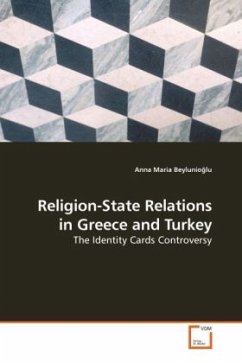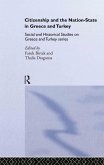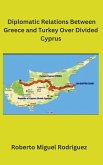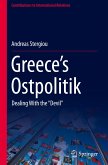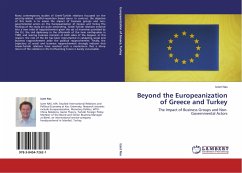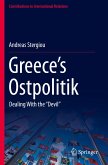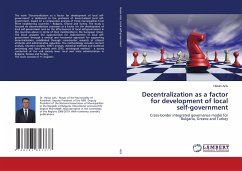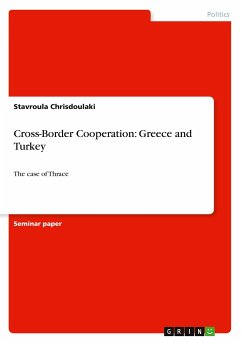The current era of modernity has been preoccupied with the relationship between religion and state, and with defining and establishing the boundaries between the two spheres. Over the last decades, different ideas have emerged shaping theories of secularization and paving the road for alternative models of state-religion interaction. This study analyzes the evolution of various relationships between religion, state and citizenship in the modern era, based on a comparison of the Turkish and Greek nation-states. Rather than dealing with all dimensions of religion-state relations, this study focuses on identity card discussions, which emerged following Turkish and Greek attempts to refigure or remove the religion section on the identity cards in 2000 and 2004 respectively. The subtexts of these different courses of action are explored vis-à-vis the two states experiences during the process of constructing the religion-state relationship, which coincides with the construction of citizenship perception in the formation of those nation-states.
Bitte wählen Sie Ihr Anliegen aus.
Rechnungen
Retourenschein anfordern
Bestellstatus
Storno

